Another update at July 24, 2019 – Boris Johnson became Prime Minister today. From the South China Morning Post –
Boris Johnson, Britain’s prime minister-designate, said his government would be very “pro-China”, in an interview with a Hong Kong-based Chinese-language broadcaster shortly before he was chosen to succeed Theresa May on Tuesday…
Speaking to Phoenix TV, Johnson backed Chinese President Xi Jinping’s infrastructure-based Belt and Road Initiative and said his government would maintain an open market for Chinese investors in Britain.
Crash out is now scheduled for October 31 – Halloween in the US, when goblins arrive.
Update at June, 2019 – the March, 2019 crash-out has been delayed, but that does not apply to earnest Britain-China cooperation – Sino-UK dialogue yields dozens of outcomes.
The 10th China-UK Economic and Financial Dialogue has just concluded in London. China will help Britain in its soon-to-be developing country status by offering openings in financial and banking services, among many other programs to help British companies. From the short article –
Christopher Bovis, a professor of international business law at the University of Hull, said this round of dialogue signified the importance of the future of Sino-UK trade relations, with an emphasis on large infrastructure projects and financial services.
“Both economic sectors will benefit enormously from Chinese investment in the UK, and China is expected to reciprocate with more market access to its evolving economy,” he said.
Funny, I didn’t hear much support from Britain for Hong Kong protesters in the recent extradition law conflict.
——–
______
Shuang Yin Win-Win February, 2019
Now that a crash-out Brexit seems all but assured, where will Britain turn for trade deals? The kind of relationship that the British government wanted – like that of Canada or Norway with the EU – takes years to negotiate, under favorable circumstances. There has been discussion for more than ten years that the special relationship between the US and Britain – forged from the mid-19th century and cemented between President Roosevelt and Prime Minister Churchill in World War II – is no longer so compelling. The EU without Britain is still a huge and attractive market for US trade in both directions.
As of March 29, 2019 – in a bit more than a month – there will be hundreds of treaties and agreements to negotiate, suddenly, quickly, and in great detail. Some agreements will probably get done – ability of British truck drivers to deliver goods through the Chunnel into EU turf, and ability of airplanes to take off from Heathrow bound for destinations in Europe using parts and crew that, without certification by the EU, would be not allowed.
But where can Britain turn for trade deals, quickly, without years of complicated negotiations? What large trading partner is willing to set aside the details of complex agreements when mercantile interests, not to mention future geopolitical support, are at stake? What large trading partner can act quickly, based on personal leadership from a president or prime minister or general secretary?
In October, 2015, a few months before the Brexit vote, Xi Jinping visited the UK, and demonstrated his prescience –
“The UK has stated that it will be the Western country that is most open to China,” Xi told Reuters ahead of his first visit to the country as president.
“This is a visionary and strategic choice that fully meets Britain’s own long-term interest.”
UK Prime Minister David Cameron, speaking on CCTV, China’s state broadcaster, said the visit would mark a “golden era” in the two countries’ relationship.

Among items looted from the Summer Palace in 1860 – a blue and gold cloisonné “chimera”—a mythic animal with a lion’s body and dragon’s head. The Garden of Perfect Brightness – Visualizing Cultures, MIT Could the chimera’s lion’s head be compatible with the British Lion?
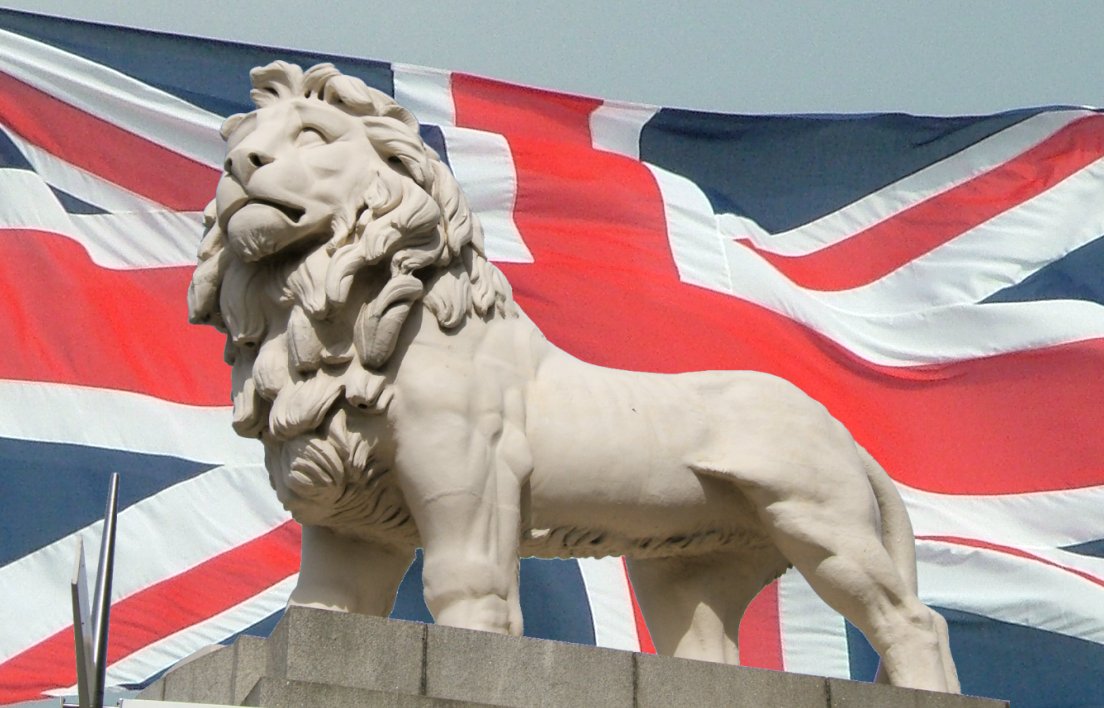
Source: Tracy Ducasse, creative commons license
Politically, China has always been willing to play a long game for economic access, political favor, and “special relationships.” But in 2015, I don’t think Mr. Xi was expecting such a quick return on the investment in his state visit.
Even in 2015, Britain said little about China’s incursions into the South China Sea. A bit unusual for the country that used to rule the waves, and administered Hong Kong, Malaya, Singapore, Fiji, the Solomon Islands, and many more. Britain has said little or nothing about Chinese cyberthreats or IP theft. Britain was one of the first countries to join the Chinese counterpart to the IMF, the Asian Infastructure Investment Bank.
In tourism, entertainment, and education, England has become a premier destination for Chinese. A 2015 story from CNN – London has become a favorite destination for young couples to take wedding photos and Chinese viewers are captivated in the millions by shows like “Sherlock Holmes” and “Downton Abbey” … Affluent Chinese parents are sending their children to British schools after some of the most notable names in British education have established campuses in China.
Since 2012, I have written quite a few recommendations for Chinese students to study for a master’s degree in England, at Nottingham, Sheffield, Birmingham, and Manchester. Only one for a student wishing to study in the US.
China in England to date
China has a one-third interest in England’s first nuclear power plant in three decades, has substantial investments in the Heathrow and Manchester airports, two premier league soccer clubs, and in London’s tallest building. The UK has been the top EU destination for foreign investment, and is China’s second largest trade partner in Europe. Huawei is a top supplier to British Telecom, with apparently few qualms on the British side. Huawei has told British lawmakers that it wants five years to correct identified problems that it denies having in any case. Ok. In May, 2016, London was granted the right to do RMB trade closings and Chinese government bonds can now be issued in London. The RMB is now included in the IMF basket of currencies used for calculation of special drawing rights, which can be freely traded for currencies of member countries. Some big Chinese banks, like China Construction Bank and the Bank of China, have adopted London as their European financial center, although that could easily change. The nuclear plant deal at Hinkley Point will give two state owned Chinese companies a one-third stake in ownership, with Chinese involvement expected in two future nuclear plants, including a Chinese-designed reactor.
China in England going forward
Better for China, and worse for negotiators in Britain, is that China will still want strong relations with the EU and will no longer see England as the easy backdoor to the rest of Europe. In particular, British based banks and investment firms will be representing only Britain, not the rest of Europe. With regard to the RMB clearinghouse function, Britain will provide access to a market of 65 million people rather than the EU 500 million people.
As the UK economy deteriorates, so will the value of Chinese investments in England, but so will the ability of Britain to strike hard bargains anywhere. British companies in China have been optimistic about the fallout from Brexit. But to the extent their concerns are with IP theft or cyberthreats, internet access, or unequal trade practices, they should not expect much support coming from London. Britain will become a less expensive country in which to invest, British goods will become cheaper in China, but British companies selling in China will find a tougher road. The British companies are not known for doing well in heavily competitive markets like China. Supporters of democracy and free speech in Hong Kong should not expect any more moral support from Britain.
Britain will need trade deals quickly, China will not, and in such a balance England should expect to give a little more on political support for Chinese foreign policies and trade policies, despite the early reticence of Mrs. May to Chinese deals. China will see a weak Britain, the former colonialist, opium supplier and burner of the Summer Palace (yuanmingyuan, Garden of Perfect Brightness) in 1860. There will be artifacts from the looting of the Summer Palace that China will want returned, but there will be more important concessions demanded. China will want Britain as a partner in establishing China as the global standard-setter in media relations, internet availability, business practices, finance, and foreign trade. China might be able to get a good part of that agenda.
win-win
For China, the timing is perfect. The US will need to consider carefully its special relationship with a Britain that has Huawei internet tools and supports Chinese trade and financial practices. With Europe worried about the nearer threat from the east, in Russia, China may be able to strike better deals in the remaining EU as well.
Even without a firm trade deal, China will be ready to help Britain as much as it is to China’s benefit. Britain, after all, will be another developing economy in need of assistance, and win-win is always the Chinese mantra in such deals. A win for China in England, perhaps a win for China in the EU, perhaps a win for China in the UN and other international forums. In 2019 – 70 years after the creation of “new China” – we may see a new Britain as well.





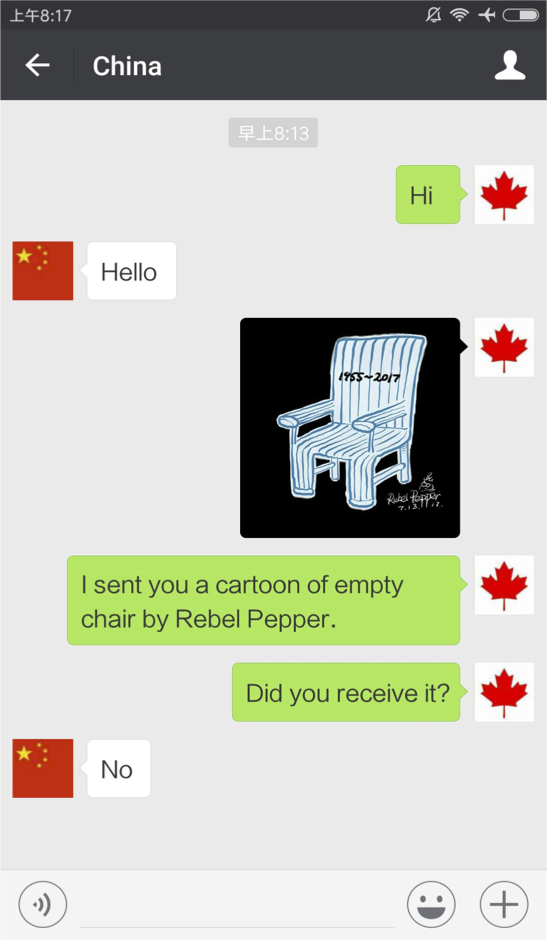
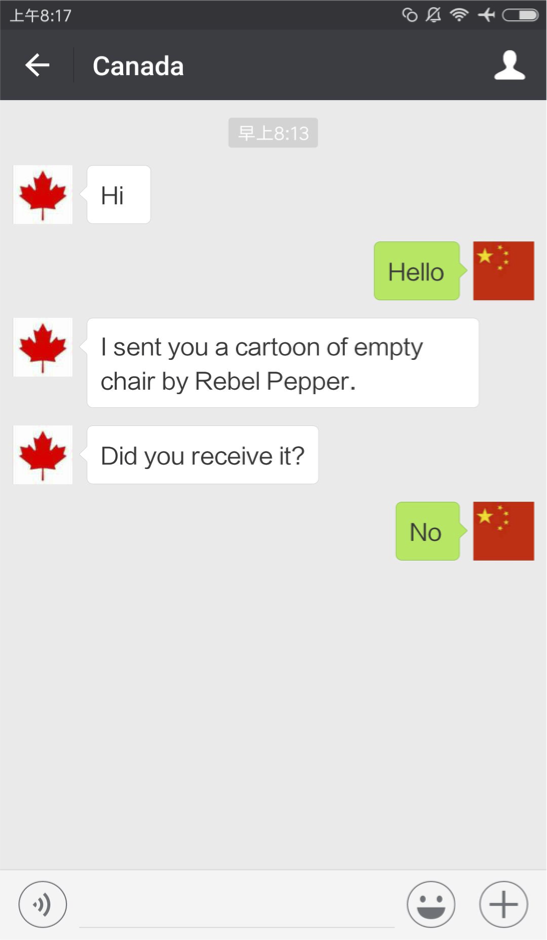
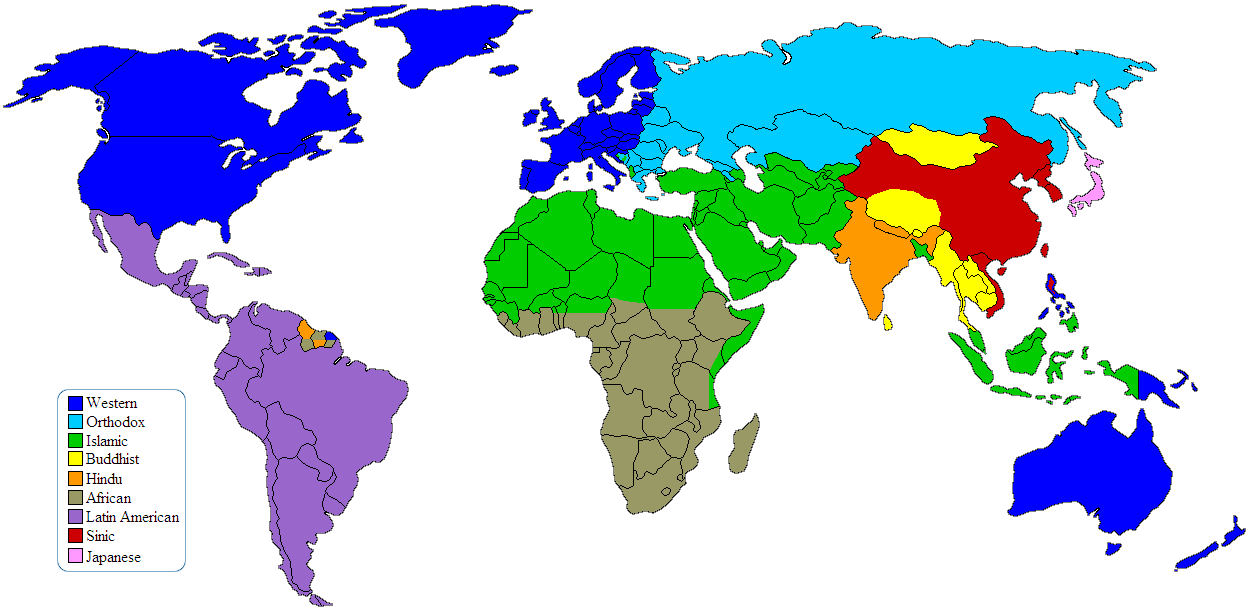
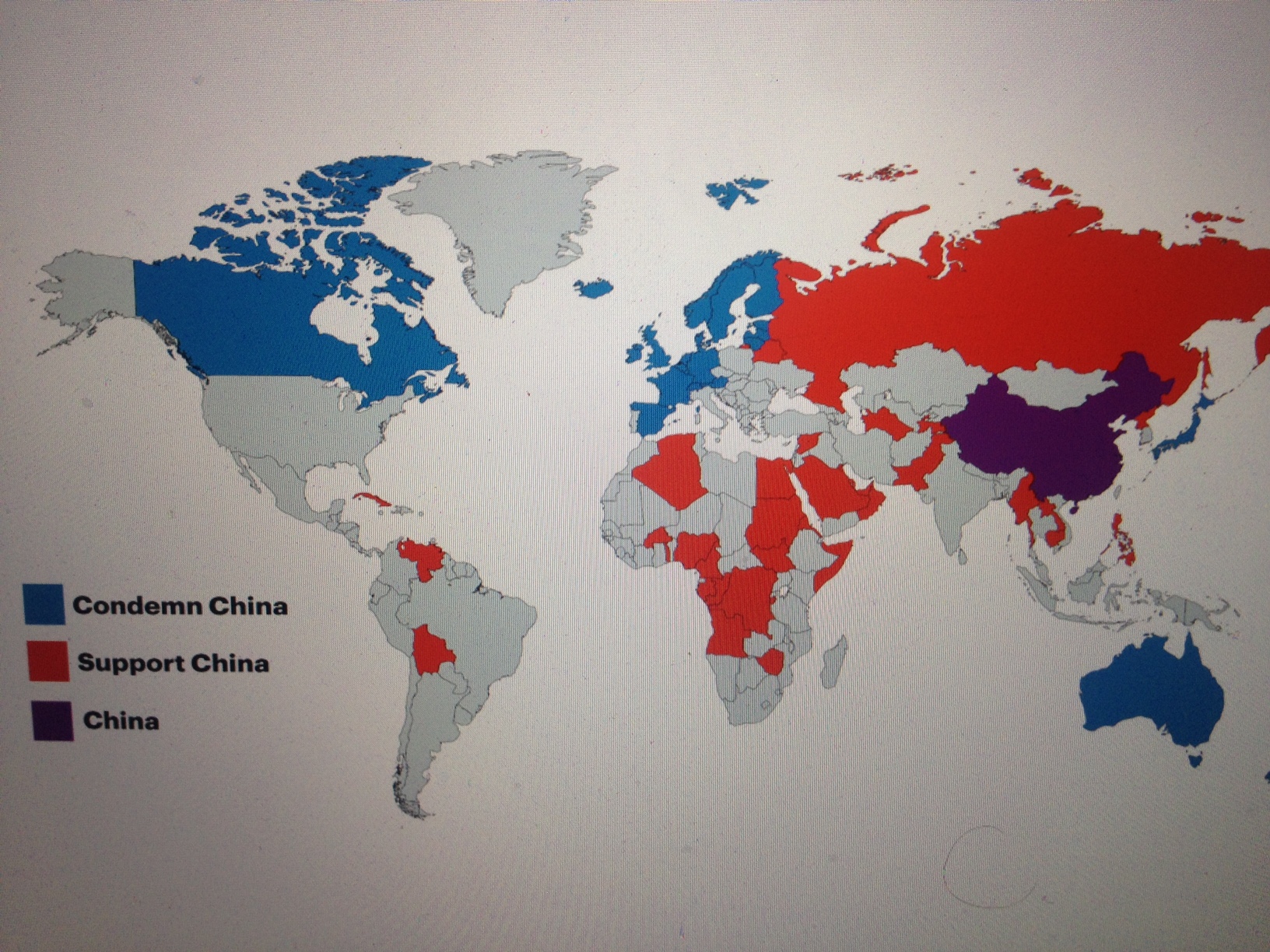 Photo credit: A visual representation of countries that signed letters to the UN Human Rights Council against and in defense of China’s ethnic policies in the Xinjiang region. Map made by Reddit user
Photo credit: A visual representation of countries that signed letters to the UN Human Rights Council against and in defense of China’s ethnic policies in the Xinjiang region. Map made by Reddit user 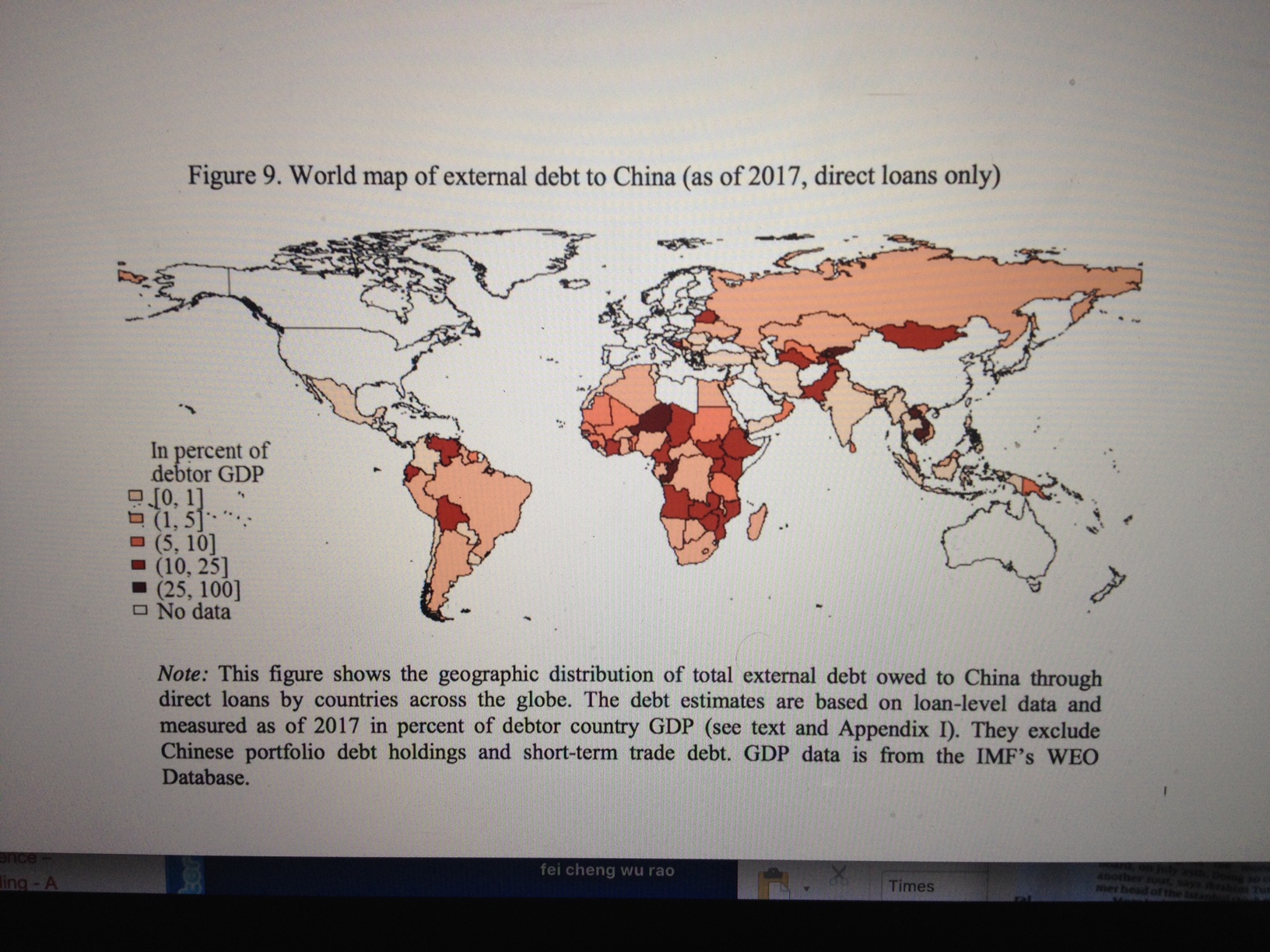 Note the similarities in maps two and three.
Note the similarities in maps two and three. 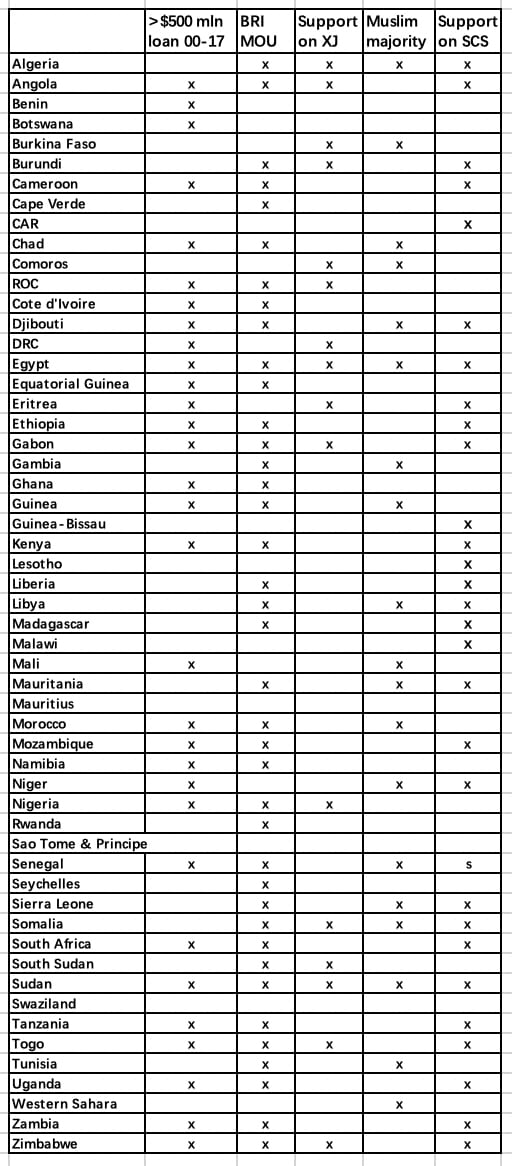
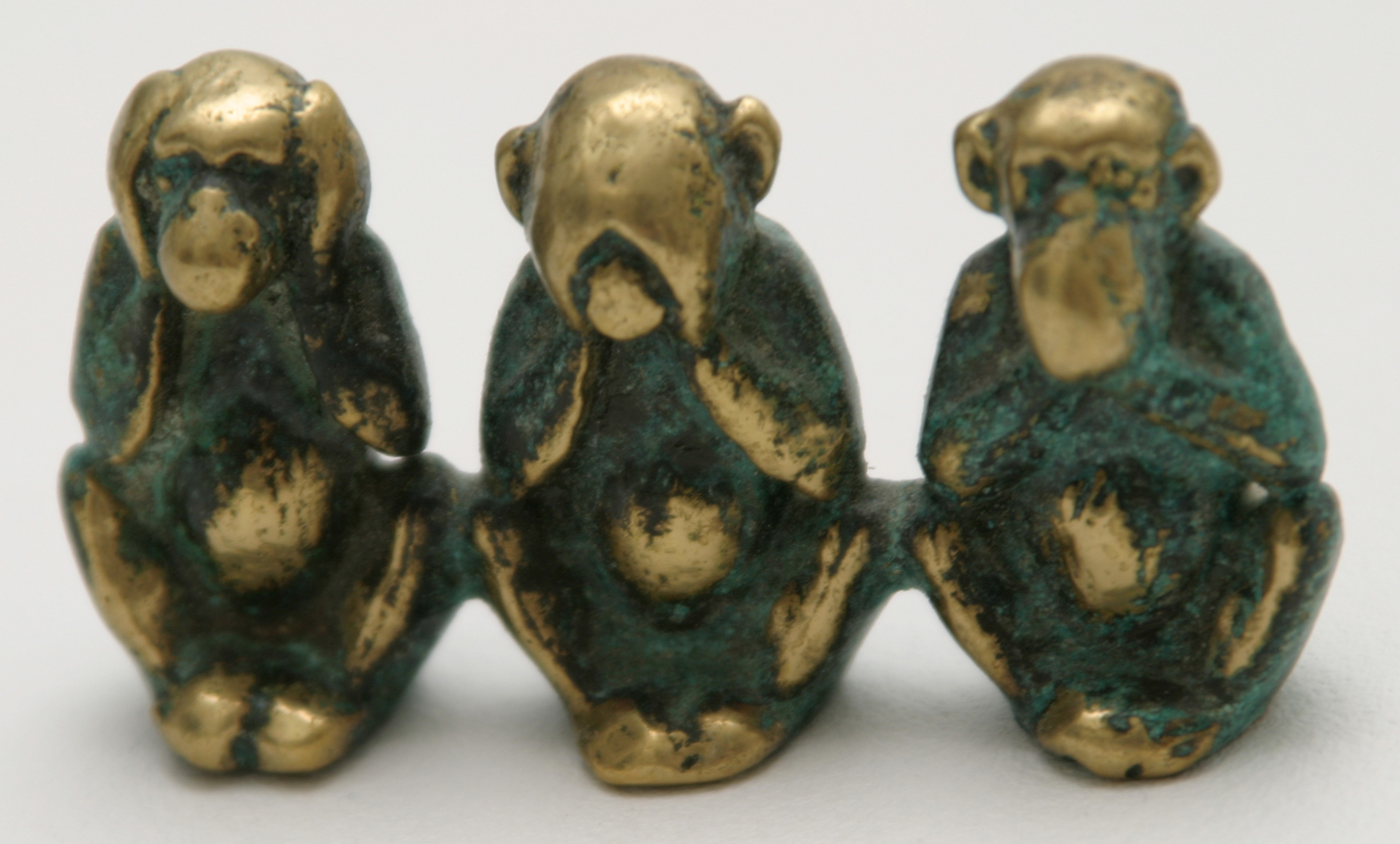




Chinese Officials Threaten Mainland Parents of Student Attending Australian Protest
It is important to remember what we are dealing with. Let’s review –
From the Sydney Morning Herald, August 7 – Chinese authorities approached the family of an international student who participated in high-profile protests at an Australian university and warned his parents of the potential consequences of political dissent.
It has been clear for years that the Chinese government monitors words and actions of mainland students overseas. There are various means. Most prominent is the Chinese Students and Scholars Association (CSSA) which operates as a student-run organization on most university campuses throughout the world. It is now common for students to record other Chinese students expressing negative feelings toward the mainland government or CCP. Chinese government officials in the foreign country support such efforts.
A mainland student who attended one of the pro-Hong Kong protest rallies at the University of Queensland in Australia later received a call from his mother. From the Herald –
But within days of the rally the student received a call from his mother in China to say the family had been approached by “a guest”. His mother told him the authorities had issued a warning about engaging in “anti-China rhetoric” in Brisbane and warned him not to “join any events where people are gathered together”. “As long as you do that, we can make sure you’re safe and we’re safe,” his mother told him.
Chinese officials in Australia praised actions by mainland students to disrupt the protests –
China’s consul-general in Brisbane, Xu Jie, subsequently issued a statement praising “the spontaneous patriotic behaviour of Chinese students” at the university in response to “people with ulterior motives [who] conducted anti-Chinese separatist activities”.
Government threats to families in China, or threats to Chinese abroad, are a despicable practice. But it has become standard operating practice in the last decade.
Put this down alongside threats to Yang Shuping the 2017 University of Maryland valedictorian, who praised fresh air and freedom in the US compared with her experiences in Yunnan. The former president of the Chinese Students and Scholars Association (CSSA) at the University of Maryland, told the CCP sponsored Global Times – “Insulting the motherland to grab attention is intolerable. The university’s support to such critical speech is not only ill-considered, but also raises suspicion about other motives.” The CSSA called on students from China to make videos promoting their hometowns with the scripted words “I have different views from Shuping Yang. I am proud of China.” Yang received hundreds of negative or threatening social media posts.
Or the action by the Chinese Education Ministry in 2010 to remove the University of Calgary from its list of approved universities, after Calgary awarded an honorary degree to the Dalai Lama. That action threatened the ability of Chinese students at Calgary to have recognition of their degree in China.
And the experience of Chemi Lhamo, who by the nature of being Tibetan, and then earlier this year elected as student president at the University of Toronto Scarborough campus, was so threatened by Chinese vitriol, including death threats, that she needed university support;
And threats to Rukiye Turdush, Uighur activist, whose speech earlier this year at McMaster University in Ontario was disrupted in what some claim was activity promoted by the Chinese government. University students clearly sought Chinese consulate advice on how to proceed with disruption. Chinese officials in Canada applauded the threats from mainland Chinese students against Turdush;
And Uighur university students throughout the world asked by the Chinese government to return home immediately, under hostage and harm threats to their parents and relatives in Xinjiang;
And physical destruction of the Lennon Wall at the University of Queensland on August 6. From the Guardian – The University of Queensland has promised to take action after a pro-Hong Kong Lennon wall on its campus was torn down on Monday night by four masked men. The colourful protest wall – similar to those around Hong Kong and the rest of the world – had attracted hundreds of notes calling for democracy and solidarity with Hong Kong, and opposing the totalitarianism of the Chinese government. Two weeks ago pro-Beijing government protesters clashed violently with Hong Kong international students on the university’s Brisbane campus, punching and shoving.
Four masked men were seen destroying the wall. Students have since put it up again.
And, of course, the old standby –
Chinese rights lawyer Chen Jiangang-flees to US to escape persecution
In terms of (legal) human traffic, China still exports far more to the US than we export to China. No sign of that changing anytime soon. I reported on that at Let’s remember what we are dealing with.